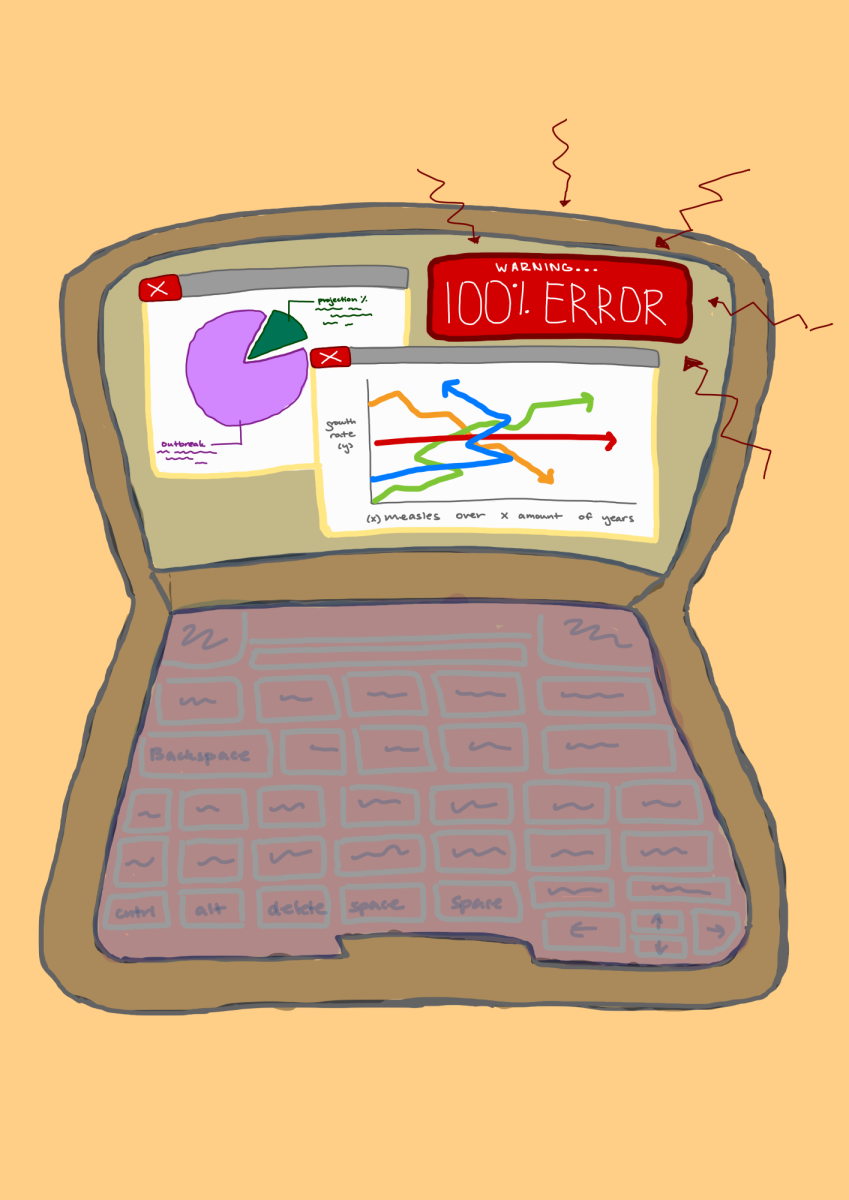UT announced the opening of the Texas Center for Generative AI on Jan. 25, a center that aims to advance research in the use of AI in healthcare, biosciences, engineering and image and language processing.
“With any disruptive technology, it could be used really effectively, but it could also be used either maliciously or just unintentionally in bad ways,” health area leader Jon Tamir said. “Opening a center for generative AI gives us an opportunity to work on these important factors before this technology is used in the wrong ways, and it helps us make (AI) mature for those uses.”
The new center will contain 600 graphic processing units, making the University home to the biggest GPU clusters of its kind in academia, according to the center’s website. A GPU is a specialized AI computer first used in video games. The Texas Advanced Computer Center will support the GPUs, which will work together to enable rapid tasks.
Generative AI takes data and uses it to fabricate new content, ideas, photos and stories, according to IBM research. The Center, which is expected to open in April, will work to improve the accuracy of the content the AI produces while expanding the improved technology to multiple fields, said scientific board member Sujay Sanghavi.
“Many of us have now identified problems that we want to solve,” Sanghavi said. “It’s only that we don’t have the computer to actually make it happen, so the objective of the center is to fill that gap.”
Sanghavi said the center will provide student research opportunities. Not only will this give current students hands-on experience, but it will draw students and professors to join the University, he said.
However, the Center can only provide GPU access to a small group of people, said vision area leader Atlas Wang. He said he plans on making a cheaper and more accessible version of the model with only the essential information needed for research.
“AI is all about the data, and the data comes from the users,” Wang said. “So the more people use it, the more experience you can pass on to the generative model. If you only let AI be used by privileged people, you cannot blame the AI model for being privileged. You must let everybody have the ability to use it.”
Tamir said he plans to work to apply generative AI to healthcare. His research will focus on shortening the development time for an MRI scan, developing MRI technology specifically for NICUS and applying AI technology to vaccine development. He said the Center will work with Dell Medical School to take this technology out of the lab and into the hospital.
Tamir said the goal of the center is not to replace clinicians, but simply to support their job. He said no matter how far AI advances in the medical field, it would not be smart to entirely rely on it without human use.
“(Replacing clinicians) is not something I would want to rely on AI for,” Tamir said. “It’s about improving their ability to do their job right.”













